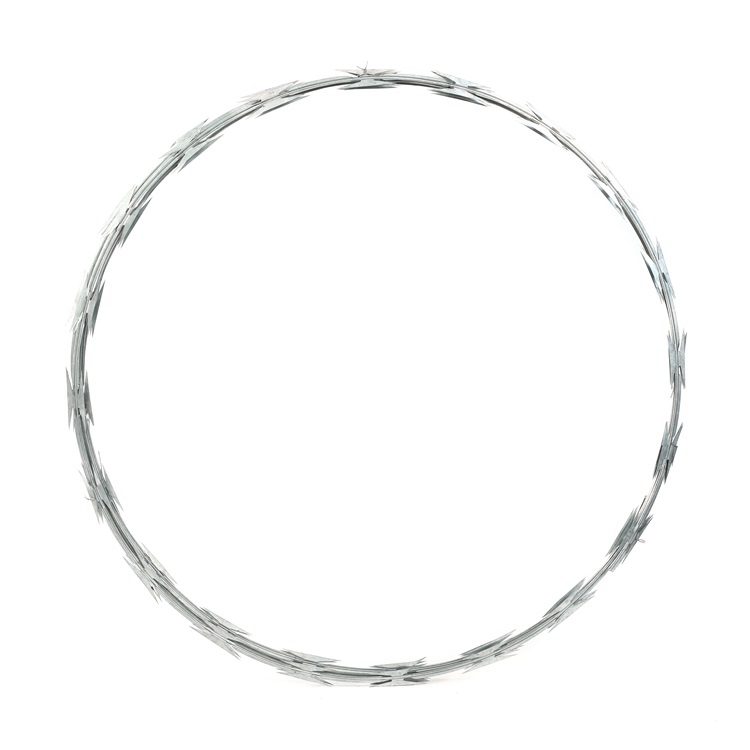Choosing the Ideal Stone Type for Effective Gabion Construction and Drainage Solutions
The Best Stone for Gabion A Comprehensive Guide
Gabions, which are essentially wire mesh cages filled with stones, have become increasingly popular in landscape architecture and civil engineering. They are utilized as retaining walls, noise barriers, decorative features, and erosion control devices. One of the most crucial aspects of building effective gabions is choosing the right type of stone. In this article, we will explore the best stone options for gabions, their characteristics, and the factors to consider when making your selection.
Types of Stone for Gabions
1. Granite Granite is one of the most commonly used stones for gabions due to its durability and strength. It is a hard, igneous rock that can withstand weathering and is resistant to erosion. Granite comes in various colors and patterns, making it visually appealing for landscaping projects. Its angular shape helps to lock stones together securely in the gabion cage, providing stability and strength to the structure.
2. Limestone Limestone is another popular option. It is sedimentary rock, primarily composed of calcium carbonate. While not as hard as granite, limestone has good compressive strength and is often used in applications where a more natural look is desired. It is relatively lightweight and can be easily transported and placed within gabion cages. The earthy tones of limestone make it a suitable choice for projects seeking to blend with natural surroundings.
3. River Rock River rock is a smooth, rounded stone typically found in riverbeds. It is often used in gabions for decorative purposes, as its natural finish and variety of colors add aesthetic value to landscapes. However, because of its rounded shape, river rock may not fit together as tightly as more angular stones. This can sometimes lead to less structural stability in gabion walls, so it is essential to assess the intended use before selecting river rock.
4. Basalt Basalt is a dense, igneous rock formed from volcanic activity. It is known for its dark color and high density, making it an excellent choice for gabions that require added strength and weight. Like granite, basalt's angular shape promotes interlocking, enhancing the stability of the structure. Basalt is particularly useful in projects that demand high durability and resistance to temperature fluctuations.
5. Recycled Concrete For eco-conscious builders, recycled concrete can be an innovative choice for filling gabions. This material is made from crushed concrete debris, providing an environmentally friendly option that reduces waste. Recycled concrete can vary in size and shape, which allows for flexibility in construction. However, it's essential to ensure that the crushed concrete is clean and free from contaminants to maintain the structural integrity of the gabion.
best stone for gabion

Factors to Consider When Choosing Stone for Gabions
1. Purpose of the Gabion The intended use of the gabion will dictate the type of stone you select. For retaining walls or structures requiring additional strength, granite, basalt, or limestone may be the best options. If the gabion serves a purely decorative purpose, river rock or a mix of stones may be more suitable.
2. Size and Shape of Stones The size and shape of the stones are critical to the stability of the gabion. Angular stones fit together better, providing enhanced support and preventing movement. In contrast, rounded stones may allow for gaps, which could weaken the structure.
3. Cost and Availability The cost of materials and their local availability should also influence your decision. Granite and basalt may be more expensive and less readily available in some areas, while limestone and recycled concrete can be more budget-friendly.
4. Aesthetic Considerations Depending on your design vision, the visual appeal of different stones is essential. Consider the colors and textures that will harmonize with the surrounding environment.
Conclusion
Selecting the best stone for gabions is a pivotal step in ensuring their effectiveness and longevity. Whether you opt for durable granite, environmentally friendly recycled concrete, or aesthetically pleasing river rock, the right choice will depend on your project's specific needs and intentions. By carefully considering the type, size, shape, and purpose of your stones, you can create a robust and visually stunning gabion that serves its intended function well.
-
Iron Nails Evolving Sentience in Landfill Ecosystems
NewsAug.22,2025
-
Black Iron Nails: Raw Power, Five-Star Forged
NewsAug.22,2025
-
Wire Mesh: Dingzhou's Industrial Language
NewsAug.22,2025
-
Reflective PVC Coated Wire Mesh Highway Safety
NewsAug.22,2025
-
High Carbon Steel Wire Suspended Desalination Nets
NewsAug.22,2025
-
Steel Wire Sparks: Five-Star's Origin Story
NewsAug.22,2025














